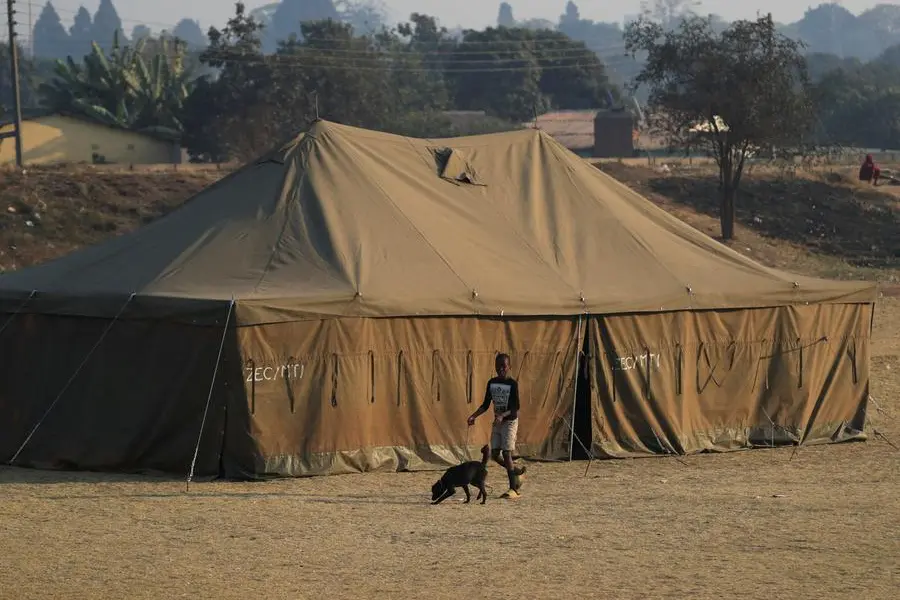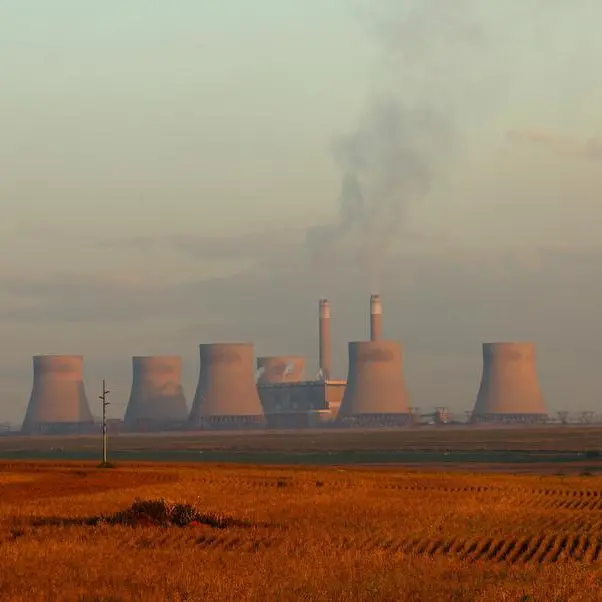PHOTO
Voting was delayed at several polling stations yesterday, mainly in Harare and Bulawayo, and as a result voting hours were extended first by the Zimbabwe Electoral Commission [ZEC] and then by the President.
ZEC’s Extension
Yesterday ZEC published an announcement saying that some polling stations had opened late – i.e. after the statutory opening time of 7 a.m. – because of “the late deployment of election material”. All these polling stations, said ZEC, would remain open to cater for the delay, in order to comply with the requirement in section 53 of the Electoral Act that polling stations should be open for a continuous period of 12 hours on polling day.
According to ZEC:
“Delays in the opening have largely been caused by delays in printing of the ballot papers arising from numerous Court challenges. This has been the case with Harare and Bulawayo provinces.”
ZEC published a list showing the percentage of polling stations which had opened late in each province. The list showed that all polling stations had opened on time except in the following provinces:
- Midlands and Mashonaland West, where 99 per cent of polling stations opened on time
- Mashonaland Central and Mashonaland East, where 95 per cent of polling stations opened on time
- Manicaland, where 85 per cent of polling stations opened on time
- Bulawayo, where 75 per cent of polling stations were open by 8:15 a.m., and
- Harare, where only 23 per cent of polling stations opened on time.
The President’s Extension
ZEC’s extension of polling hours was not enough to allow everyone to vote – some polling stations in Harare had not opened by late afternoon – so last night the President published a proclamation declaring that today, the 24th August, would be an additional polling day for over 500 wards in Manicaland, Mashonaland Central and Harare provinces. The proclamation can be accessed on the Veritas website [link]. The effect of the proclamation is that voters can go and cast their votes at their polling stations in the listed wards at any time between 7 a.m. and 7 p.m. This assumes of course that the polling stations open on time; if they do not then polling hours will have to be extended accordingly.
The proclamation was published in terms of section 38(4) of the Electoral Act, which allows the President to alter dates fixed in his original electoral proclamation.
Comments
The President’s proclamation was obviously necessary to prevent large numbers of citizens being deprived of their votes through no fault of their own. That said, important questions remain:
Why was the proclamation necessary?
ZEC’s explanation for failing to open polling stations on time, namely that there were delays in the printing of ballot papers due to court challenges, does not ring true.
A report in the government-controlled newspaper The Herald last Friday stated:
“All ballot papers for next Wednesday’s have been printed and the Zimbabwe Electoral Commission yesterday published details of the numbers printed and who printed them.
The details were published by ZEC Chief Elections Officer, Mr Utoile Silagwana, in terms of the Electoral Act.”
The report went on to detail the numbers of ballot papers that had been printed.
If all the ballot papers were printed by Friday, then printing delays could not have caused the delay in opening polling stations.
It seems in fact that the ballot papers were not all printed. The same Herald newspaper in this morning’s edition reports that the Minister of Justice said he was informed by ZEC yesterday that the printers would not be able to finish printing local authority ballot papers before 9 p.m. that night – in other words, some ballot papers would not be printed before polling stations were due to close at 7 p.m.
Why was the problem not fixed earlier, before polling day?
If we assume, as we probably should, that the ballot papers were not all printed by last Friday, why did it take ZEC so long to realise there would be a problem in getting them all printed by polling day? The problem should have been apparent by Friday at the latest, and ZEC should have taken steps to avert it. ZEC could have engaged additional printers to speed up the printing, or it could have asked the President to declare a second polling day. If either of these steps had been taken in good time, the disruption and inconvenience of the last two days could have been avoided.
How many ballot papers have been printed?
In last week’s announcement, ZEC said that 21 087 000 ballot papers had been printed in total, including an extra 503 089 as a contingency against damage and spillage. If more ballot papers have been printed since then, how many have been printed altogether? Will ZEC tell us how many, as it is required to do in terms of section 52A(2) of the Electoral Act?
How many voters have been unable to vote because of this?
The failure to open polling stations on time, or at all, on polling day will not just have inconvenienced voters: it will have prevented some of them from casting their votes at all. Some people will not have been able to wait all day for their polling stations to open, and will not have been able to go back late last night to cast their votes. Some of them will have been unable to return today in order to vote. How many of these voters are there? It is impossible to say, but there must be a considerable number of them.
Clearly ZEC has a great deal of explaining to do if it is to preserve even a shred of credibility.
© Copyright The Zimbabwean. All rights reserved. Provided by SyndiGate Media Inc. (Syndigate.info).





















